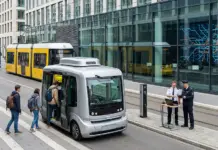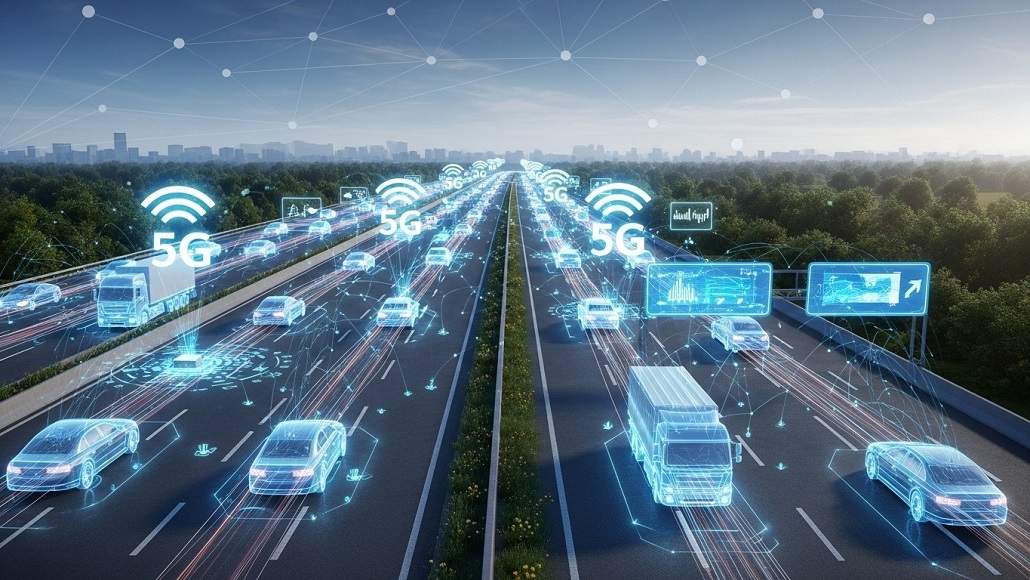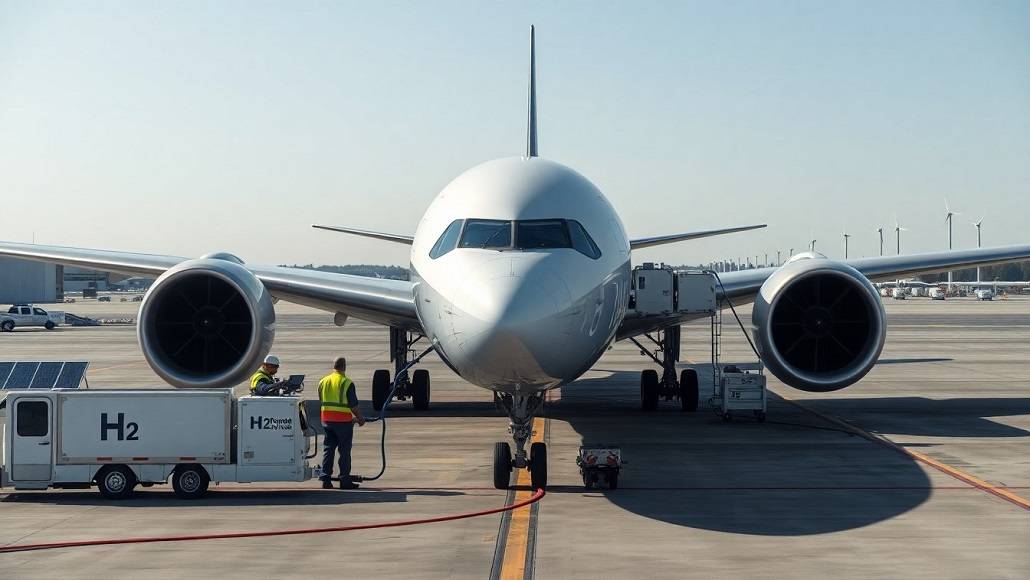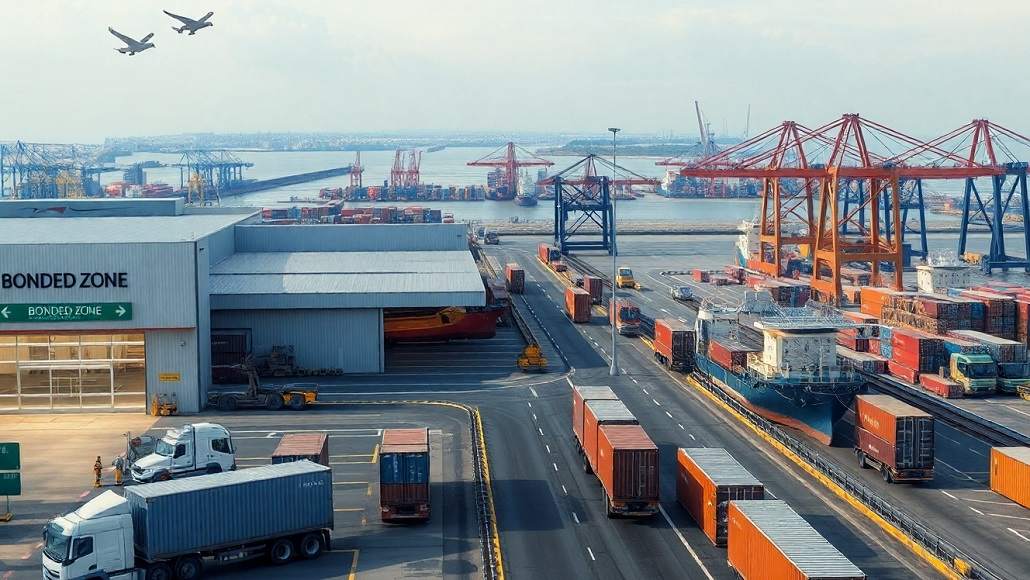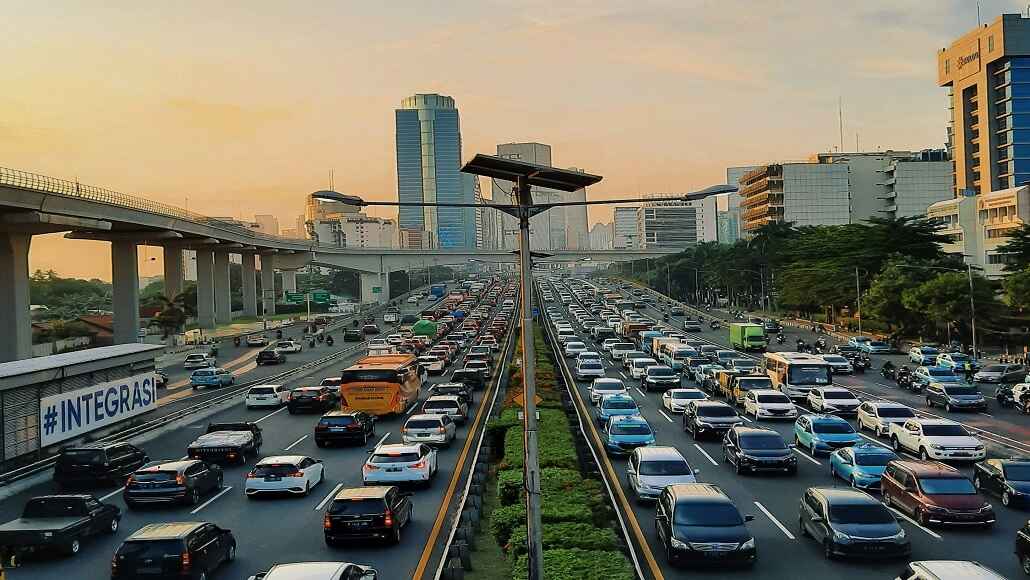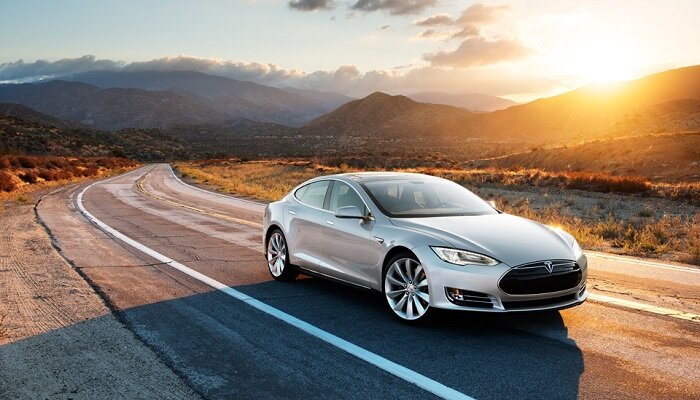Following a revision process, Barcelona’s urban mobility plan is incorporating four fifths (84%) of the requests and recommendations made by various city organisations.
The updated paper also includes smart mobility initiatives, such as improving car-sharing strategies and data management, and making changes to where urban products are sold.
The Urban Mobility Plan 2024 (PMU) is a road map that aims to protect everyone’s right to mobility in cities and is focused on environmentally friendly and healthy modes of transportation, such as walking, taking public transportation, biking, or driving a clean car.
According to sources, the Metropolitan Transport Authority and the Government of Catalonia have provided positive reports in support of the plan, which will be presented to the whole council at the following meeting for final approval by Barcelona City Council. It outlines 62 lines of action and more than 300 initiatives, and it covers five key areas: secure mobility, ecological mobility, healthful mobility, equitable mobility, and smart transport. By combining these efforts, it is hoped that by 2024, more than 80% of all trips will be made on foot, by public transportation, or by bicycle.
The strategy specifically aims to raise the number of trips taken by bike by 129%, trips taken by public transportation by 15.7%, and trips taken on foot by 7.5%. At the same time, it is intended to decrease private vehicle travel by 25.6% from 2018 levels.
Changes were made to the plan during the revision process in order to account for the various sensitivities expressed. The primary modifications concern mobility in the following ways:
On foot: redoubling efforts to reduce accidents, highlighting women’s everyday mobility, and enhancing pedestrian-specific traffic signals, particularly in areas where they are given precedence.
Concerning public transportation: They want to work more closely with other governments to build infrastructure that will link up and strengthen intermunicipal public transportation, improve complementary public transportation and routes that make up the bus network, and set new goals for accessibility at public transportation stops.
By bicycle and other personal mobility devices: Better management of safe parking; enhancements to particular traffic signals for cyclists; advancement of ride sharing with an urban vision; improved elaboration of the city’s cyclable network with intermunicipal routes; and upgrades to specific traffic lights for cyclists.
Notably, Barcelona is one of six European cities, including Paris, Berlin, Rome, Brussels, and Lisbon, that have signed a joint statement urging the European Commission (EC) to take decisive action to address pollution. The implementation of the more stringent Euro 7 standard, which is seen as a crucial and essential step in the achievement of low emission zones built in metropolitan areas all across Europe, is being urged by the six capitals of Europe not to be postponed beyond 2025.



